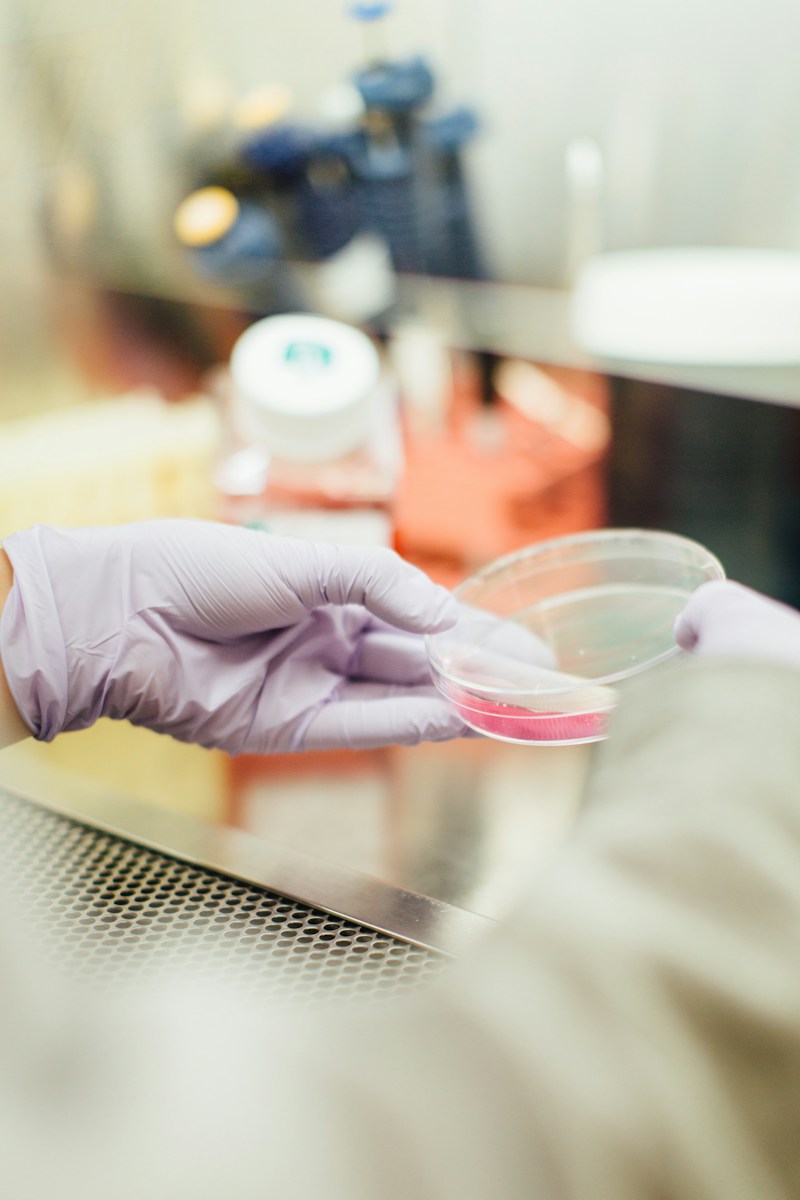A semen culture test is a laboratory examination of a semen sample to identify and analyse the presence of microorganisms, such as bacteria and viruses. This test is often conducted as part of a comprehensive male fertility assessment. The results can provide valuable information about potential infections in the reproductive tract that could negatively impact fertility. If an infection is found, we will refer you to the care of a urologist (a male fertility specialist) who will provide you with the relevant treatment and support. Here are key points regarding semen culture testing and its importance:
1. Detection of Infections:
- Semen culture helps identify the presence of bacteria or other microorganisms in the semen. Infections of the male reproductive tract can negatively impact sperm quality, motility, and overall fertility.
2. Common Microorganisms:
- The test detects various microorganisms that can negatively impact fertility. This includes both sexually transmitted (e.g., chlamydia and gonorrhoea) and non-sexually transmitted infections.
3. Impact on Sperm Quality:
- Infections can lead to inflammation (prostatitis, epididymitis, etc.), which may affect sperm production, function, and transport. Inflammatory processes can contribute to decreased sperm motility and increased sperm abnormalities, which negatively affect male fertility.
4. Treatment Guidance:
- If a semen culture test reveals the presence of a bacterial infection, appropriate treatment, such as antibiotics, can be prescribed. Treating the infection may improve sperm quality and fertility outcomes. If an infection is found, we will refer you to the care of a urologist (a male fertility specialist) who will provide you with the relevant treatment and support.
5. Prevention of Transmission:
- Identifying and treating infections is crucial not only for male fertility and overall male health, but also for preventing the transmission of infections to sexual partners. Prompt treatment can help prevent complications and reduce the risk of spreading infections.
6. Interference with Assisted Reproductive Technologies (ART):
- Infections can interfere with fertility treatments such as in vitro fertilisation (IVF) or intrauterine insemination (IUI). Addressing any identified issues before undergoing assisted reproductive technologies can significantly enhance the chances of success.
7. Chronic Infections and Long-Term Impact:
- Chronic infections, if left untreated, may lead to long-term damage to the reproductive organs, potentially impacting fertility over time. Early detection and management are essential for minimising potential long-term harm.
8. Comprehensive Fertility Evaluation:
- A semen culture test is often performed as part of a comprehensive male fertility evaluation. Other key aspects include a thorough medical history, a physical examination, and other tests such as semen analysis, DNA fragmentation, hormone assessments, and ultrasound imaging.
It's important to note that not all fertility issues are related to infections, and semen culture results are just one aspect of a comprehensive evaluation. If a couple is experiencing fertility challenges, both partners should undergo appropriate evaluations, and healthcare professionals can provide guidance based on individual circumstances.
If there are concerns about male fertility or the presence of infections, seeking the advice of a reproductive specialist or urologist is recommended. They can interpret test results, provide targeted treatment if necessary, and offer personalised guidance on optimising fertility.
Fertility Solutions can you navigate this journey, please get in touch on 01753 891118 to find out more.





